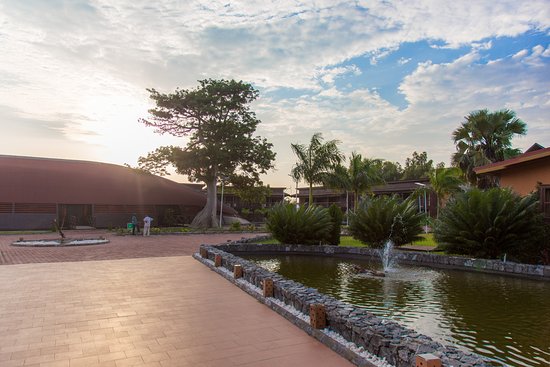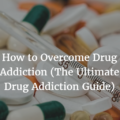What is Drug rehabilitation?
Drug rehabilitation can be defined as the process of medical or psychotherapeutic treatment for dependency on psychoactive substances such as alcohol, prescription drugs, and street drugs such as cannabis, cocaine, heroin or amphetamines.
The general intent is to enable the patient to confront substance dependence, if present, and stop substance misuse to avoid the psychological, legal, financial, social, and physical consequences that can be caused.
Why is drug rehabilitation important?
Drug addiction causes destructive effects on abusers and people around them, reliable rehab centers are important because they will always have a positive impact. These centers are designed to help drug addicts salvage their lives. They offer various services including treatment and counseling. If you have a problem of drug addiction, it is important that you choose a good rehab center so that you can be assisted in getting over the situation and live your normal life. Most of the reputable rehab centers employ highly qualified counselors and medical doctors to help drug abusers quit their destructive habits.
Even though it is not always easy to get an addicted person to a rehab center, this type of engrossed treatment is often important. When you are admitted to a rehab it is very easy for you to quit using drugs because you will have a chance to stay in a drug free area for as long as you want. That way, you will be able to deal with the problems that come from quitting drugs. These rehabs are especially ideal for people with damaged social functioning. Also if you have a long history of drug abuse, you should enroll with a drug rehab center.
Qualities of a Good Drug Rehabilitation Center
If you are deciding on an alcohol and drug rehab facility, there are certain indicators of effective treatment that you should consider. The following principles will help guide your decision in choosing a valuable treatment provider. The qualities of a good drug rehab center include;
Licensing and Accreditation
Make sure the recovery center you’re considering is licensed. That means they’re authorized by the relevant government agency to take patients. The staff members should be licensed as well. Private accreditation organizations can also indicate qualities of a good rehab center. Accredited facilities have undergone rigorous evaluation by a respected third-party organization. Official approval from the Joint Commission Accreditation for Addiction Treatment (JCAHO), or the Commission on Accreditation of Rehab Facilities (CARF), is generally a good sign that the treatment facility is operating according to high standards.
Tailored Treatment Plans
Research indicates that effective addiction treatment is individualized per the needs of the patient. If the facility takes a one-size-fits-all approach to treatment, you may want to look at other options. The facility you choose should do a thorough evaluation of your condition and create an individualized plan that recognizes and takes into account your personal stressors and supports, as well as what did or did not work for you in previous recovery attempts.
Access to Quality Medical Care Onsite
Care from qualified nurses and physicians during detox is particularly important for withdrawal from opioids, sedative-hypnotics, and alcohol. Substance use affects the body and mind in myriad ways, some of which may not become apparent until the individual attempts to stop. For this reason, medical attention should be available to address any physical and mental health concerns arising as a result of physiological dependence and associated withdrawal syndromes. A rehab center with physicians and nurses on-site will be able to address any medical concerns without taking the patient out of their recovery environment.
Serene Environment
Research indicates that certain social and environmental triggers may increase the likelihood of relapse. During the early recovery phase, it can be beneficial to eliminate as many potential triggers as possible so that the individual may focus on recovery without unneeded strain and distractions. A beautiful, calm, and inspiring environment can help minimize environmental stressors and offer a reconnection to the beauty of nature and the possibilities of a life without drugs.
Training on Life Skills
The goal of addiction treatment is for the recovering individual to live a full life after the treatment program concludes. In order to successfully reintegrate with the outside world and stay sober, you’ll need to develop life skills to cope with the inevitable daily stressors and precarious social situations that might come up. A good treatment center should offer general life skills coaching ranging from finance management to job hunting in order to equip patients with the knowledge and tools they need to live independently post-treatment.
Aftercare
The recovery process extends well beyond the first 30, 60, or 90 days of treatment. In fact, longer engagement in treatment including aftercare has many proven benefits, such as fewer relapses and better social functioning. The best rehab centers place resources and attention on each patient’s aftercare plan. The best rehab centers place resources and attention on each patient’s aftercare plan. Typically, a discharge planner will be involved in the treatment process and will develop a plan with the recovering individual for care and support after treatment.






